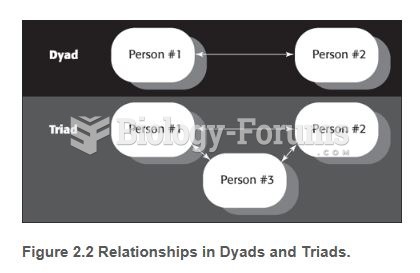|
|
|
All adults should have their cholesterol levels checked once every 5 years. During 2009–2010, 69.4% of Americans age 20 and older reported having their cholesterol checked within the last five years.
The average adult has about 21 square feet of skin.
Everyone has one nostril that is larger than the other.
Despite claims by manufacturers, the supplement known as Ginkgo biloba was shown in a study of more than 3,000 participants to be ineffective in reducing development of dementia and Alzheimer’s disease in older people.
Always store hazardous household chemicals in their original containers out of reach of children. These include bleach, paint, strippers and products containing turpentine, garden chemicals, oven cleaners, fondue fuels, nail polish, and nail polish remover.
 The Canadian ballot is considerably simpler than the American ballot. Note there is nothing like a c
The Canadian ballot is considerably simpler than the American ballot. Note there is nothing like a c
 A farmer with a pitchfork, wearing a hat identifying him as a Granger, warns of an oncoming “Consoli
A farmer with a pitchfork, wearing a hat identifying him as a Granger, warns of an oncoming “Consoli




